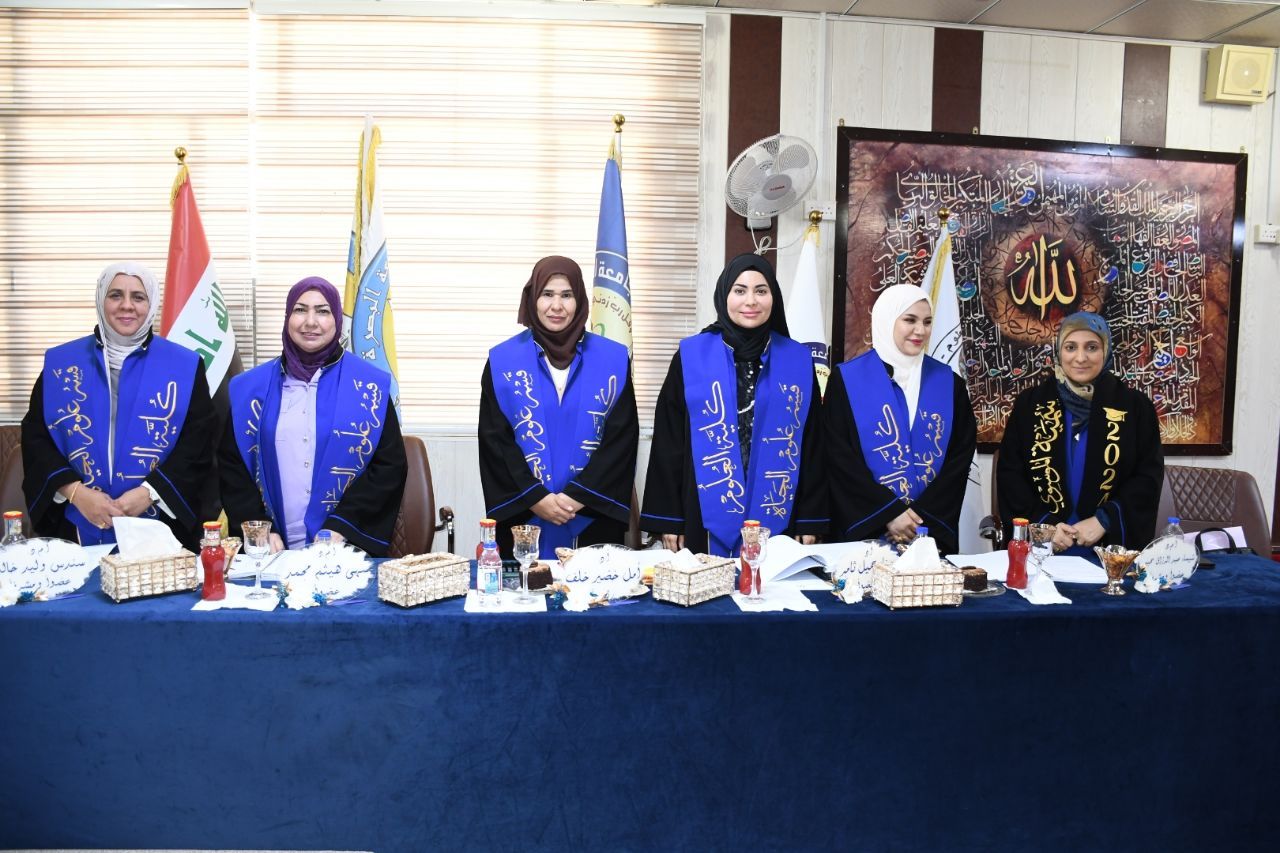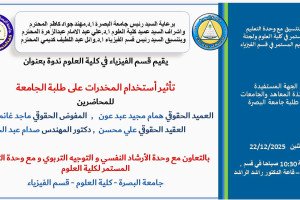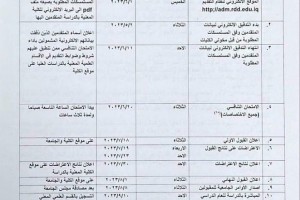
A master's thesis at the University of Basrah discusses the role of the Acanthamoeba parasite in causing infections to some organs such as the liver and kidneys in laboratory mice and studying the biochemical, blood and hormonal changes in one, two and four weeks after the induced infection. A master's thesis was discussed at the College of Science at the University of Basrah entitiled (Physiological changes in the organs of mice infected with Acanthamoeba spp.) by graduate student Sumaya Adnan Mahdi. The study aims to isolate and diagnose the parasite from the eyes of infected people, study its effect on blood and biochemical parameters, insulin, aldosterone, and histological changes of the liver and kidneys in experimental mice at week (4, 2, 1) of infection and compare them with control, the effect of insulin on parasite reproduction in the laboratory. The study included histological changes in the liver and an increase in its enzymes, an increase in CRP and platelets and a decrease in white blood cells, no effect on the infected kidneys despite the histological changes due to the parasite and the stability of insulin during the study periods, insulin has a lethal effect on Acanthamoeba at a concentration of 100 IU in laboratory cultures and is directly related to the increase in its concentrations and the duration of exposure. The study recommended increasing the infection period to more than 4 weeks in the studied organs, conducting studies to determine the dose of insulin that is lethal to the parasite inside the living body provided that it is safe for the host cells.










